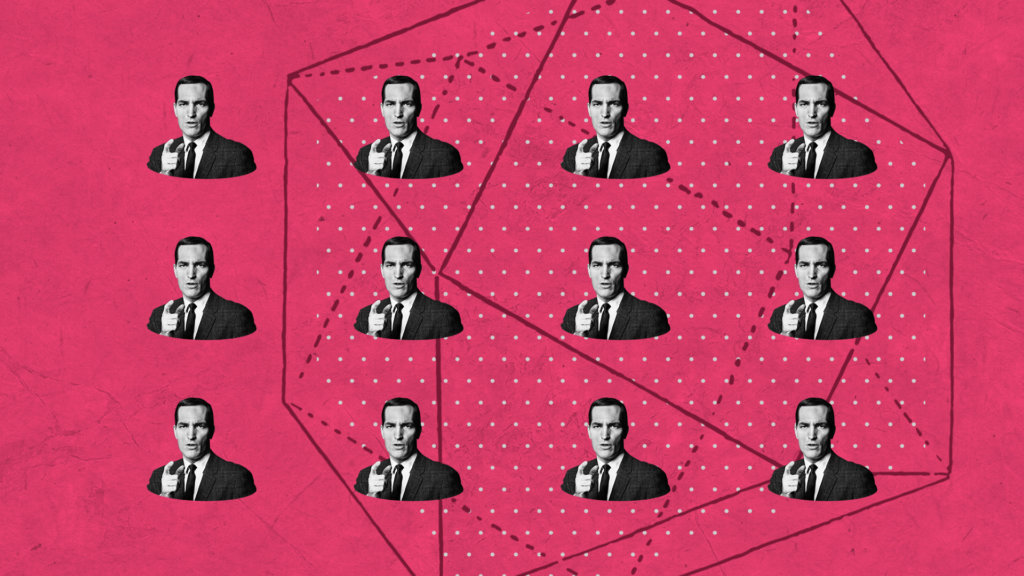Proof of Trust Seeks to Redefine the Future of Dispute Resolution

For many years, archaic processes, inadequate legal frameworks, and inefficient legacy arbitration procedures have held back a large portion of the global economic sector.
According to some industry experts, the implications of using inefficient business systems are multi-faceted, and while they primarily impede work processes and dispute resolution in the commercial space, they may prove quite detrimental to a company’s bottom line in the long run, further limiting operations.
Overlooking the impending danger, some companies, void of an alternative, have had to endure this mess for the longest time. However, with the emergence of modern technology like blockchain, which uses a decentralized and distributed ledger system, ‘Proof of Work’ is striving to make a difference across various sectors.
Let’s quickly clarify what Proof of Trust is for those who are hearing the name for the first time, and then dive into how the company is setting a new example for the future of commercial dispute resolution.
What is Proof of Trust?
Founded in 2019, Proof of Trust is a digital, decentralized protocol designed to manage dispute resolution for smart contracts. Although that’s a simplified explanation of the essence of the barely two-year-old startup, it is capable of a wide range of solutions, catering to key sectors including cryptocurrency, government, judiciary, and the commercial industries as a whole.
Speaking in an exclusive interview with Dailycoin, Proof of Trust’s CEO, Sakhib Waseem, stated that the company is addressing “very different markets.”
According to Waseem, the startup is looking at utilizing blockchain, and the power of blockchain, while leveraging decentralized technology’s “immutability,” transparency, and efficiency.
He explained:
“We’re tackling the governmental space, where we see fraud, corruption, tax issues, transparency issues, and efficiency issues. We’re looking at the commercial space, where we see archaic processes and legal frameworks and traditional arbitration. And then we’re doing things like using the power of distributed legal assistants to really benefit those who don’t have the greatest reach or access to courtrooms, through some of our products, that are aimed specifically at access to justice. And we’re also tackling, most recently, trust issues within the crypto community pertinent to DeFi.”
Redefining the Future of Dispute Resolution
Notably, all Proof of Trust solutions are built on the blockchain, however, they can be integrated into both on-chain and legacy systems (off-chain); as stated earlier, they are more so applicable at different phases of an organization.
For instance, in resolving the prominent issue of dispute resolution in an organization, whether contractual or not, Proof of Trust can be helpful where it is assumed a crypto company is struggling with “overregulation,” or struggling with a case of “lack of trust” from its consumers.
According to Waseem, they have recently been tackling trust issues in the crypto community pertinent to DeFi. Examining the impact of regulatory closure, and overregulation within the market, Proof of Trust intends to create an enabling environment for communities and institutions alike to thrive and coexist.
Speaking on its core applications and how it works, Waseem emphasized that Proof of Trust is designed to bring decentralized trust to a range of different environments. As such, the system can be integrated into virtually any application, while directing people’s issues to a decentralized panel of experts.
“We have developed a technology, built on blockchain, that is designed to bring decentralized trust to lots of different environments. How we do that is we connect this to virtually any application, pull data into the application, and then connect the pressing issues or reasons for instigating Proof of Trust application to a decentralized network of trusted individuals.”
Waseem noted.
The panel, which consists of highly skilled and anonymous individuals, dubbed “delegates,” from diverse fields across the world, is represented as nodes on the decentralized Proof of Trust protocol.
When integrated into an existing system, be it on or off-chain, Proof of Trust allows interaction between third-party users, which could be either an individual or an organization, and the nodes which are matched using an algorithm.
The application of blockchain technology, in particular, ensures that the entire process is transparent and efficient, while also allowing individuals to develop trust in the organization.
“The reason we’re using blockchain for this is that it’s transparent, efficient, and gives us that permanent, immutable record of the events while staying truthful in and of itself. And that’s why many people believe in cryptocurrency and the blockchains that they live upon - because the information they produce is trustworthy,”
Waseem explained.
In comparison to legacy systems, proof of trust is able to eliminate archaic processes, especially those in which people have to interact with intermediaries.
Moreover, by introducing a decentralized protocol, an integrated system enjoys automatization, confidentiality, and most importantly, high reliability.
On The Flipside
- Decentralized finance (DeFi) is still at a pivotal stage, having existed for merely a decade and a half compared to legacy systems, which have spanned centuries. It is very unlikely that there will be a smooth transition from one to another, given the high-risk involved, unless an enabling platform for co-existence is established.
- A balance is yet to be struck between regulators and the decentralized finance (DeFi) community, which is the main reason behind overregulation. Proof of Trust, on the other hand, uses a decentralized protocol to mediate and offer an essential layer of assurance and consumer protection, enabling Defi to make meaningful progress.
Watch the full interview here:
EMAIL NEWSLETTER
Join to get the flipside of crypto
Upgrade your inbox and get our DailyCoin editors’ picks 1x a week delivered straight to your inbox.
[contact-form-7]
You can always unsubscribe with just 1 click.
Analytical, Blockchain, Interview, Proof of Trust, Smart ContractsRead More
OhNoCrypto
via https://www.ohnocrypto.com
, @KhareemSudlow

